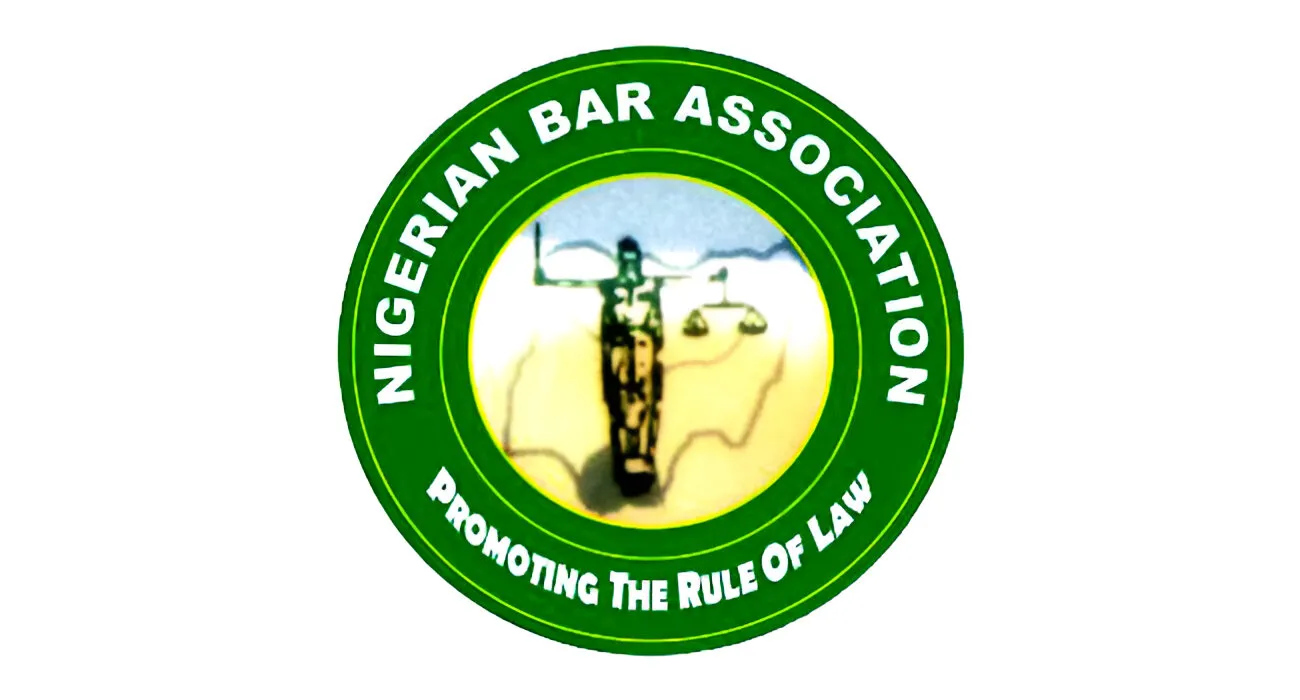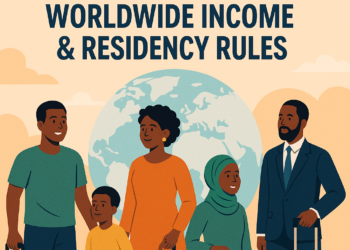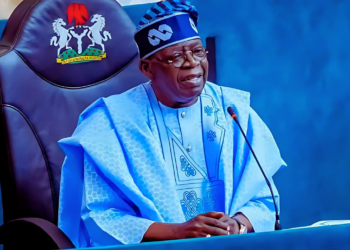The Nigerian Bar Association (NBA) has issued a notice to its members regarding an important update from the National Health Insurance Authority (NHIA). The update concerns a significant adjustment in the premium for the Group, Individual, and Family Social Health Insurance Program (GIFSHIP), a scheme designed to provide affordable healthcare coverage.
According to the announcement, effective from April 1, 2025, the annual premium for GIFSHIP will increase from ₦22,150 to ₦38,718. However, payments made before the deadline will still be processed at the existing lower rate. Lawyers and other professionals under the scheme have been urged to take immediate action to either subscribe or renew their coverage before the price adjustment takes effect.
The NBA and the Health Insurance Scheme
The NBA, in its advisory to members, emphasized the need for timely subscription to avoid the increased cost. The association is actively engaging with the NHIA to address concerns arising from the price hike, but in the meantime, it has encouraged all affected individuals to take advantage of the current pricing.
For those due for renewal, the NBA has set a strict deadline of 10:00 AM on March 31, 2025, for payments to be completed. Intending subscribers have also been advised to enroll before this deadline to benefit from the lower premium rate.
This increase in premiums is part of a broader effort by the NHIA to improve the financial sustainability of health insurance schemes in Nigeria. The GIFSHIP program was initially introduced to provide flexible and inclusive healthcare coverage for individuals and families who are not formally employed or covered by employer-sponsored health insurance plans. The NHIA has argued that the price adjustment is necessary to ensure the continued availability of high-quality healthcare services under the scheme.

The NBA’s involvement in this issue reflects its commitment to advocating for the welfare of its members. Legal practitioners, like many other professionals, often rely on structured health insurance schemes for medical coverage, making this development particularly relevant to the legal community. The NBA has reassured its members that it will continue to engage with the NHIA and other stakeholders to explore ways of making healthcare more affordable and accessible.
Despite the increase, some experts believe that the GIFSHIP premium remains relatively affordable compared to private health insurance plans in Nigeria. However, concerns remain about whether the NHIA has adequately communicated the reasons for the price hike and how it intends to enhance service delivery to justify the higher costs.
How the Health Insurance Scheme Operates in Nigeria
The NHIA is responsible for regulating and managing Nigeria’s health insurance framework, ensuring that citizens have access to quality healthcare through structured insurance programs. The GIFSHIP is one of several initiatives under the NHIA designed to provide coverage for individuals and families who do not fall under formal sector health insurance programs.
Under the NHIA Act, health insurance in Nigeria is intended to be mandatory for all citizens, with various schemes available for different population segments. The formal sector is required to participate through employer contributions, while informal sector workers and self-employed individuals can access health insurance through schemes like GIFSHIP.
The government has been working to expand health insurance coverage in Nigeria, but challenges remain, including affordability, public awareness, and service quality. The recent increase in premiums is likely part of an effort to improve the financial sustainability of the NHIA’s initiatives, but it also raises concerns about affordability for lower-income individuals who rely on the scheme.
As the new pricing takes effect, the NBA and other professional bodies will be watching closely to assess the impact on their members. The success of the NHIA’s health insurance programs ultimately depends on their ability to provide quality healthcare services at a cost that remains accessible to the majority of Nigerians.












